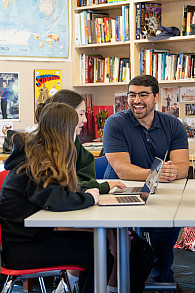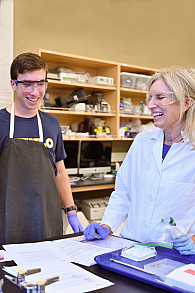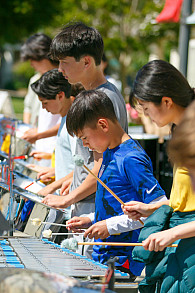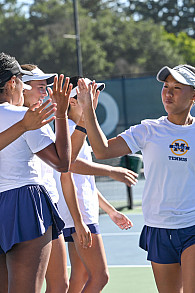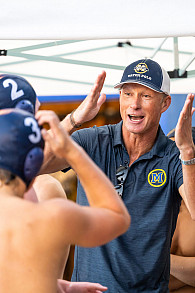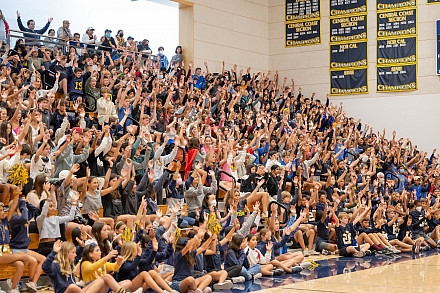- Arts
- Academics
-
Athletics
- Athletics Overview
-
Upper School Teams
- Baseball - Varsity
- Baseball - Junior Varsity
- Basketball - Boys Varsity
- Basketball - Boys Junior Varsity
- Basketball - Boys Freshman
- Basketball - Girls Varsity
- Basketball - Girls Junior Varsity
- Cross Country
- Flag Football - Girls
- Football - Varsity
- Football - Junior Varsity
- Golf - Girls Varsity
- Golf - Boys Varsity
- Golf - Boys Junior Varsity
- Lacrosse - Boys Varsity
- Lacrosse - Boys Junior Varsity
- Lacrosse - Girls Varsity
- Lacrosse - Girls Junior Varsity
- Soccer - Boys’ Varsity
- Soccer - Boys’ Junior Varsity
- Soccer - Girls Varsity
- Soccer - Girls Junior Varsity
- Swimming
- Tennis - Varsity Boys
- Tennis - Boys Junior Varsity
- Tennis - Girls Varsity
- Tennis - Girls Junior Varsity
- Track & Field
- Volleyball - Varsity
- Volleyball - Junior Varsity
- Volleyball - Freshman
- Water Polo - Boys Varsity
- Water Polo - Boys Junior Varsity
- Water Polo - Girls Varsity
- Water Polo - Girls Junior Varsity
-
Middle School Teams
- Baseball - Middle School
- Basketball - Boys Middle School
- Basketball - Girls Middle School
- Cross Country - Middle School
- Flag Football - Middle School
- Lacrosse - Boys Middle School
- Lacrosse - Girls Middle School
- Soccer - Boys Middle School
- Soccer - Girls Middle School
- Swimming - Middle School
- Tennis - Middle School
- Track - Middle School
- Volleyball - Middle School
- Athletics Philosophy & Values
- Athletics Resources
- Camps & Clinics
- Alumni Athletes
- New to Menlo Athletics?
- Student Life
- Support Menlo
- Admissions
- Calendar
- Resources
MENLO SCHOOL • SINCE 1915
Academics
Types of Support
Support for Students
From a quick tutorial to full accommodation support, we’re here to help.
In the Middle School:
- Consultation with students on organization and planning
- After-School Homework Club: faculty-supervised homework help sessions
- Study Hall: a quiet, faculty-supervised place to study
- Menlo Kickstart: academic preparation course for incoming students
- Consultation on self-advocacy, learning strategies, and technology for academic support
- In-classroom observation and support
- Intervention plans
In the Upper School:
- Faculty-supervised help sessions: students can do homework, meet with teachers, or review concepts with faculty or student mentors
- Learning Center: full-time (8:00-4:00) math and science help in the Learning Lab.
- Math-Science Tutorial: upperclassmen (juniors and seniors) mentor younger students in math and science, providing homework support and test preparation
- Writing Center: students work one-on-one with the faculty director on any assignment involving writing, from beginning a first draft to editing a last revision. The center is located in classroom A143, and is open before school, after school, lunch, and all day by appointment.
- Study Skills Coaching: sessions with the Academic Support Coordinator to develop time and materials management, organizational support, and test-taking skills
- Menlo Kickstart: academic preparation course for incoming students
For Parents
- Consultation on learning resources
- Parent education sessions
- Resources on cognition and motivation research, testing and educational evaluation, and Menlo programs and services
- Training in strategies adopted by Menlo
- Tracking of Student Success Plans, and reporting on results of interventions plans
- Support in the learning difference evaluation process and compliance with accommodations.
For Teachers and Advocates
- Collaboration with instruction and assessments
- Professional development on Universal Design for Learning, metacognitive and reflective strategies, learning theories, and understanding and supporting all types of learning.
- Team teaching on learning strategies within content areas
- Classroom observations
- Curriculum resources and assessment strategies
- Student outcome analysis
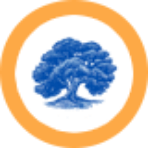 MENLO SCHOOL Since 1915
MENLO SCHOOL Since 1915